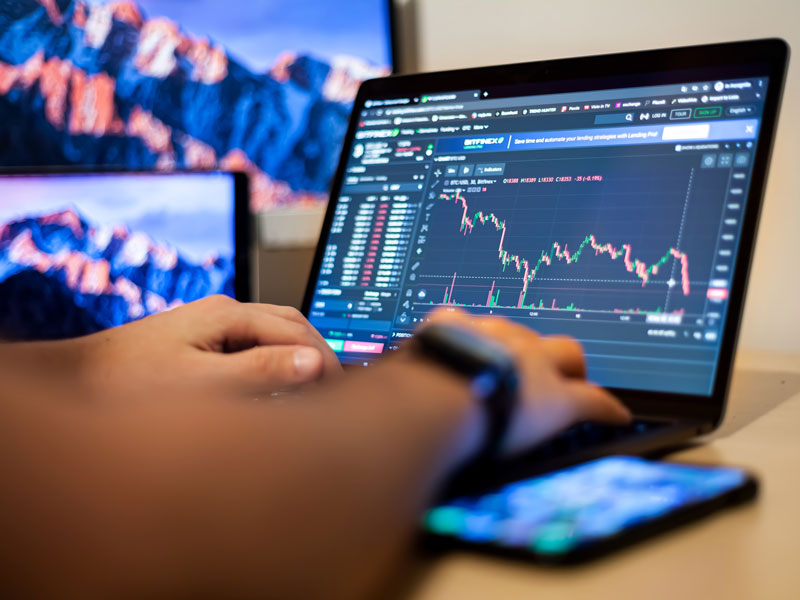
Beginner’s Guide to Forex Trading
Forex trading, or foreign exchange trading, is the process of exchanging one currency for another in the global market. For beginners, it can be an exciting yet daunting journey. With countless opportunities and the potential for significant returns, it’s crucial to understand the fundamentals before diving in. beginner forex trading Trading Brokers in Vietnam can provide valuable insights and resources for beginners looking to start their trading career.
What is Forex Trading?
Forex trading involves buying and selling currency pairs, such as EUR/USD or USD/JPY. The aim is to profit from the fluctuations in exchange rates between these currencies. Traders analyze various factors that might influence currency values, including economic indicators, market sentiment, and geopolitical events.
The Forex Market Structure
The forex market is decentralized, operating globally without a physical exchange. It consists of a network of banks, financial institutions, brokers, and individual traders. This structure allows for 24-hour trading, making it accessible for traders in different time zones.
Key Terminology in Forex Trading
Understanding the basic terminology is essential for any novice trader. Here are some key terms you should know:
- Currency Pair: The quotation of two different currencies, where one is exchanged for the other.
- Pip: The smallest price move in the forex market, usually expressed in the fourth decimal point.
- Leverage: A tool that allows traders to control larger positions with a smaller amount of capital, increasing both potential returns and risks.
- Spread: The difference between the buying and selling price of a currency pair.
- Margin: The collateral used to open a leveraged position.
Trading Strategies for Beginners
As a beginner in forex trading, it’s crucial to develop strategies that fit your trading style and risk tolerance. Here are a few popular trading strategies:
1. Scalping
Scalping involves making many trades throughout the day to capture small price movements. This strategy requires a keen understanding of market dynamics and a disciplined approach to risk management.

2. Day Trading
Day trading involves buying and selling currencies within the same trading day. Traders aim to close all positions before the market closes to avoid overnight risks. This strategy often requires significant time commitment and quick decision-making skills.
3. Swing Trading
Swing trading focuses on capturing larger price movements over several days or weeks. Traders analyze technical and fundamental factors to identify potential entry and exit points. This strategy can be less stressful for those who cannot commit to constant monitoring of the markets.
Risk Management
Effective risk management is vital in forex trading. Here are some tips to manage risk:
- Set Stop-Loss Orders: Use stop-loss orders to limit potential losses on each trade.
- Determine Position Size: Ensure you are not risking more than a small percentage of your total capital on any single trade.
- Use Leverage Wisely: Be cautious with leverage; while it can amplify profits, it can also lead to substantial losses.
- Diversify: Avoid putting all your capital into one currency pair or strategy.
Choosing the Right Broker
Finding a reputable forex broker is essential for success. Consider the following factors:
- Regulation: Ensure the broker is regulated by a reputable authority.
- Trading Platform: Look for a user-friendly trading platform that suits your needs.
- Spreads and Commissions: Compare spreads and commissions between brokers to find the best deal.
- Customer Support: Good customer support can help resolve issues efficiently.
Final Thoughts
Forex trading can be a rewarding pursuit, offering the potential for significant returns. However, success requires a solid understanding of the market, effective trading strategies, and rigorous risk management. As a beginner, invest time in learning the fundamentals and consider using demo accounts to practice without risking real capital.
As you embark on your forex trading journey, remember that patience, discipline, and continuous learning are your best allies. Good luck!


コメント